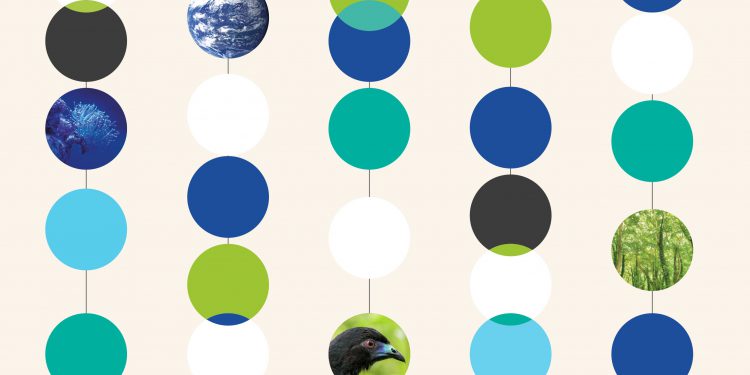$2.7 trillion could be wiped from global gross domestic product if ecosystems continue to collapse, according to the World Bank, adding reform of agricultural subsidies is vital.
Its report, The Economic Case for Nature aligns with earlier reports this year by Dasgupta in the UK and the United Nation’s Ecosystem Accounting frameworks.
Wild pollination, food from marine fisheries and timber from native forests need to be protected to support economies, according to the World Bank report.
“Preserving nature and maintaining its services are critical for economic growth,” said World Bank Group President David Malpass.
He advocates in favour of, “Nature-smart policies and reforms, agricultural subsidy reform, and investments in agricultural innovation.
“As countries seek to recover from the Covid-19 pandemic, it’s important that economic development improves outcomes for nature.”
World Bank Lead Environmental Economist and one of the report authors, Giovanni Ruta adds, “A combination of policies shows the greatest win-wins for biodiversity and economies.
“Reforming farmer subsidies decreases land loss by eight per cent, saving nearly four million hectares”
“Investment in research and development in the policy mix is particularly beneficial to developing countries.”
The report says “agricultural subsidies often encourage degradation because they are structured so that production increases as subsidies increase.
“A nature-smart approach decouples the subsidy so farmers receive the income when they conserve the forest rather than converting it to grow crops.
“Reforming farmer subsidies by providing support based on land holdings (thus decoupled from output produced or inputs used) decreases natural land loss by eight per cent between 2021 and 2030, preventing the conversion of nearly four million hectares.
“Domestic and global forest carbon payments reduce natural land loss by 26 per cent, or 12 million hectares and 35 per cent, 16 million hectares, respectively.
“Combining a global forest carbon payment scheme with domestic subsidy reform, avoids 38 per cent of natural land loss.
“Sub-Saharan Africa and South Asia would suffer the greatest contraction”
“Decoupled support to farmers and payments for forest carbon services increase real GDP by $50 billion to $56 billion…
“Adding investment in research and development to the policy mix results in substantial economic benefits of $142 billion to $148 billion.”
The report says Sub-Saharan Africa and South Asia would suffer the greatest contraction of real GDP due to ecosystem services collapse by 2030. This is because they rely on pollinated crops and, in the case of Sub-Saharan Africa, on forest products. And because they have a limited ability to switch to other production and consumption options that would be less affected.
The World Bank collaborated with the University of Minnesota and Purdue University to produce the report.
It’s designed to support counties as they formulate a new global biodiversity framework at a Conference of the Parties (COP15) of the Convention on Biological Diversity in Kunming, China.
It report says nature smart-policies will be crucial to implement the post-2020 global biodiversity framework. The Kunming COP is considered an opportunity to adopt targets protecting 30 per cent of land and 30 per cent of oceans by 2030.
The benefits of achieving this target would almost completely offset the costs of doing so.























